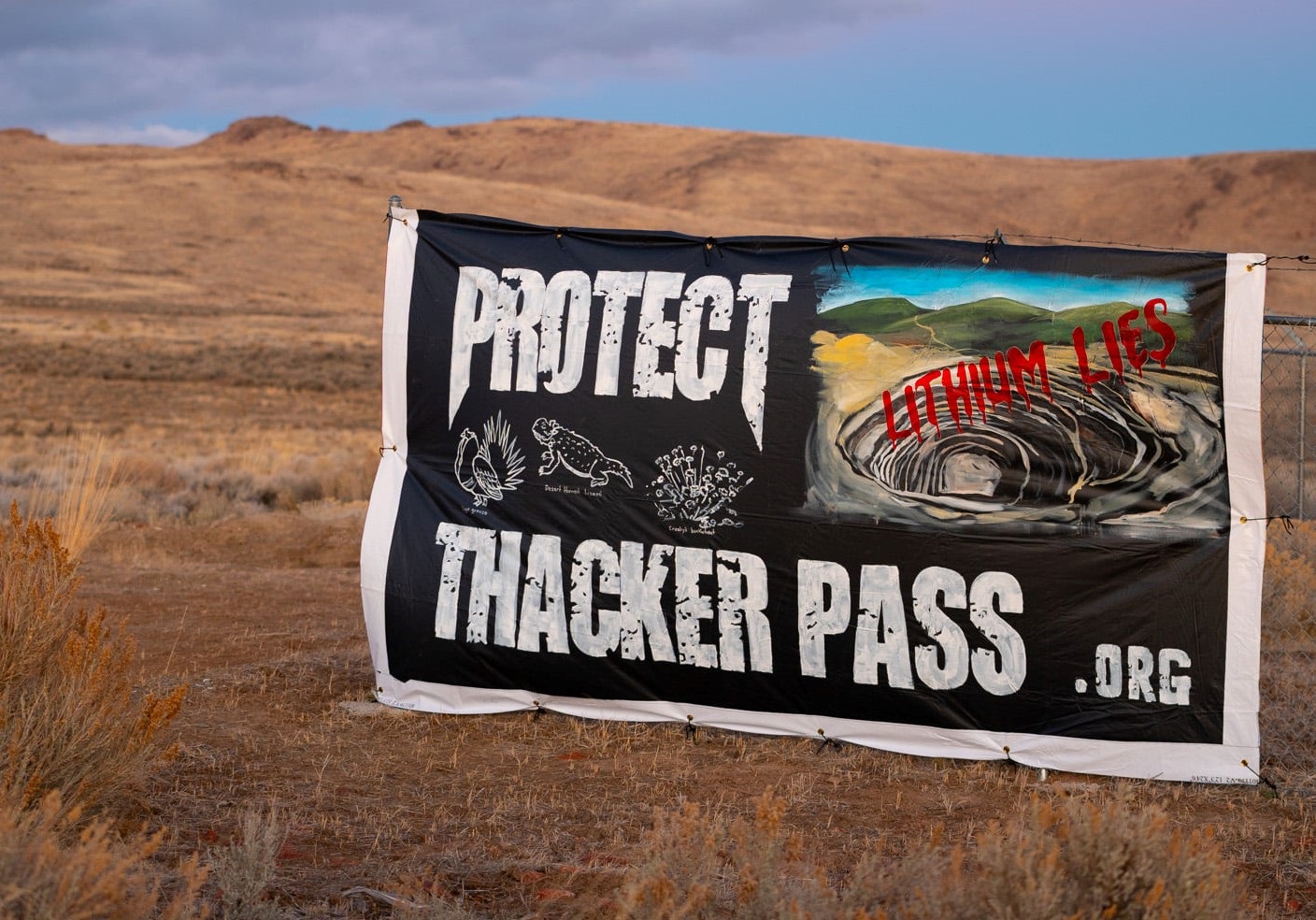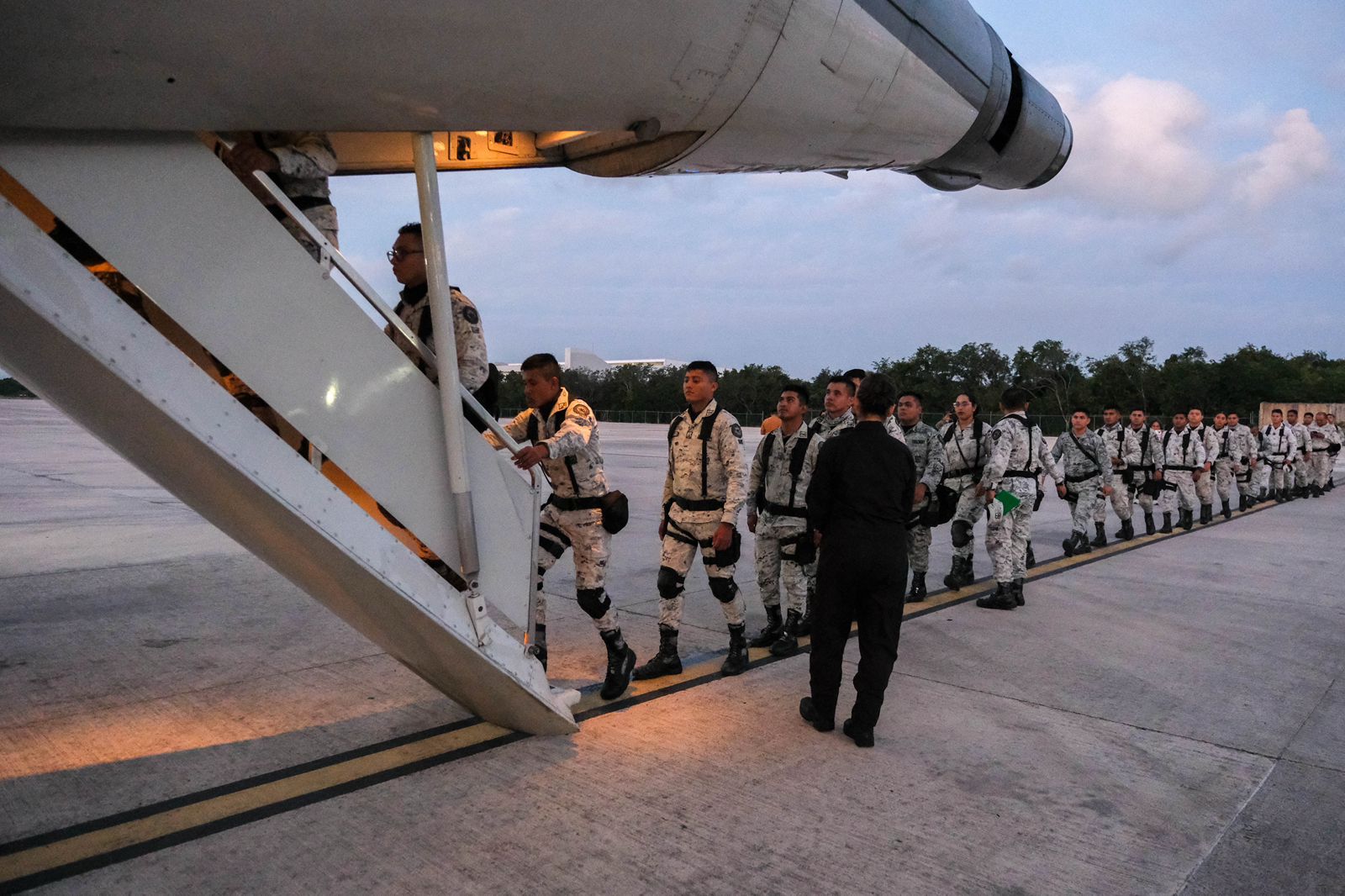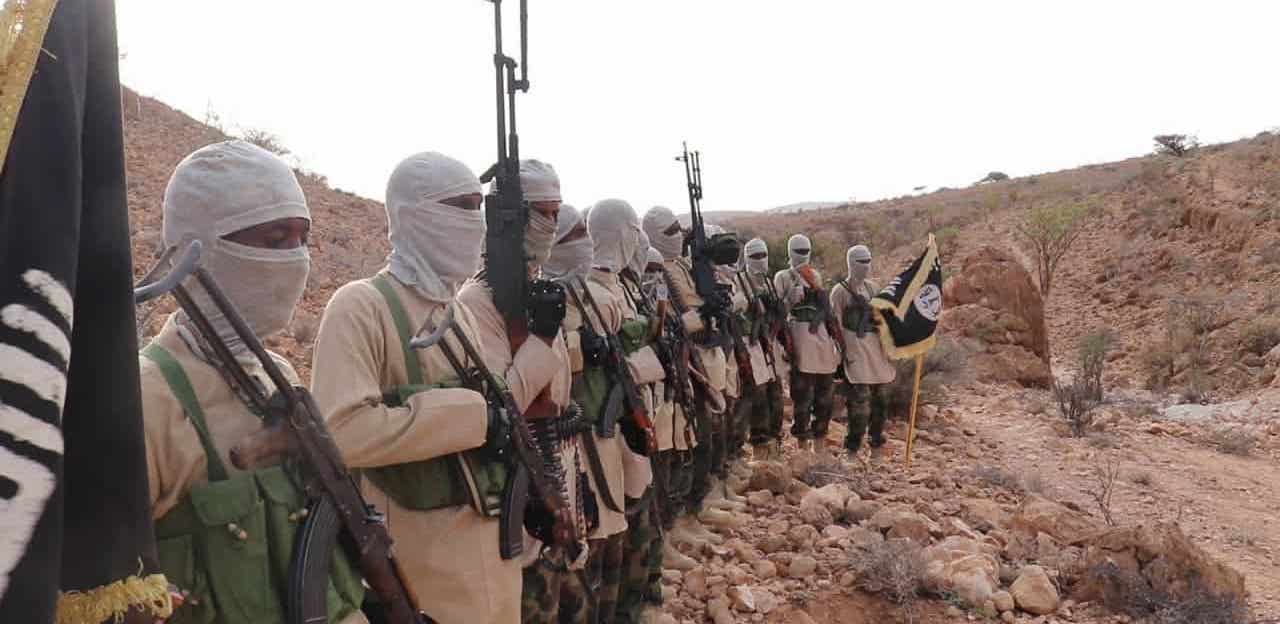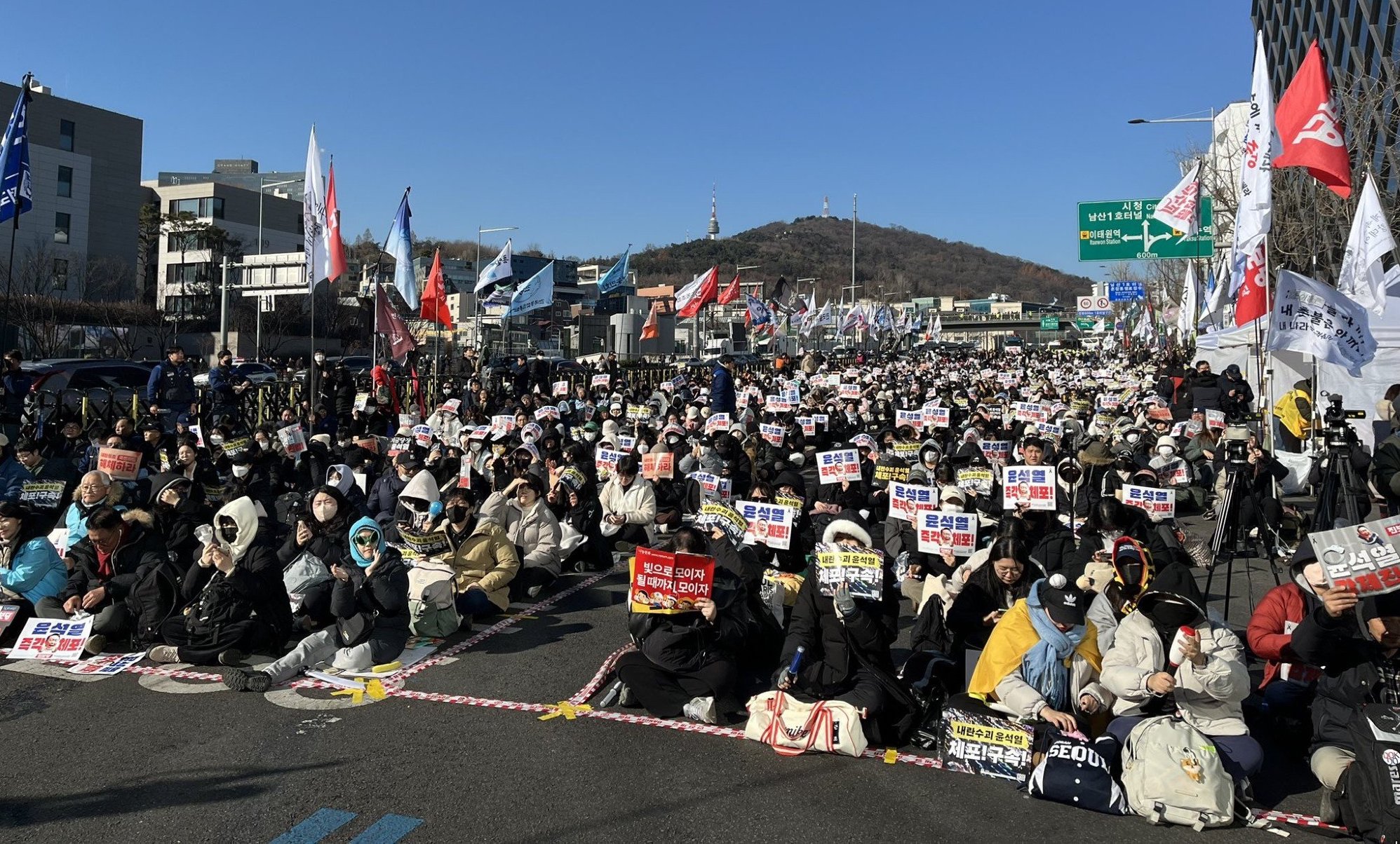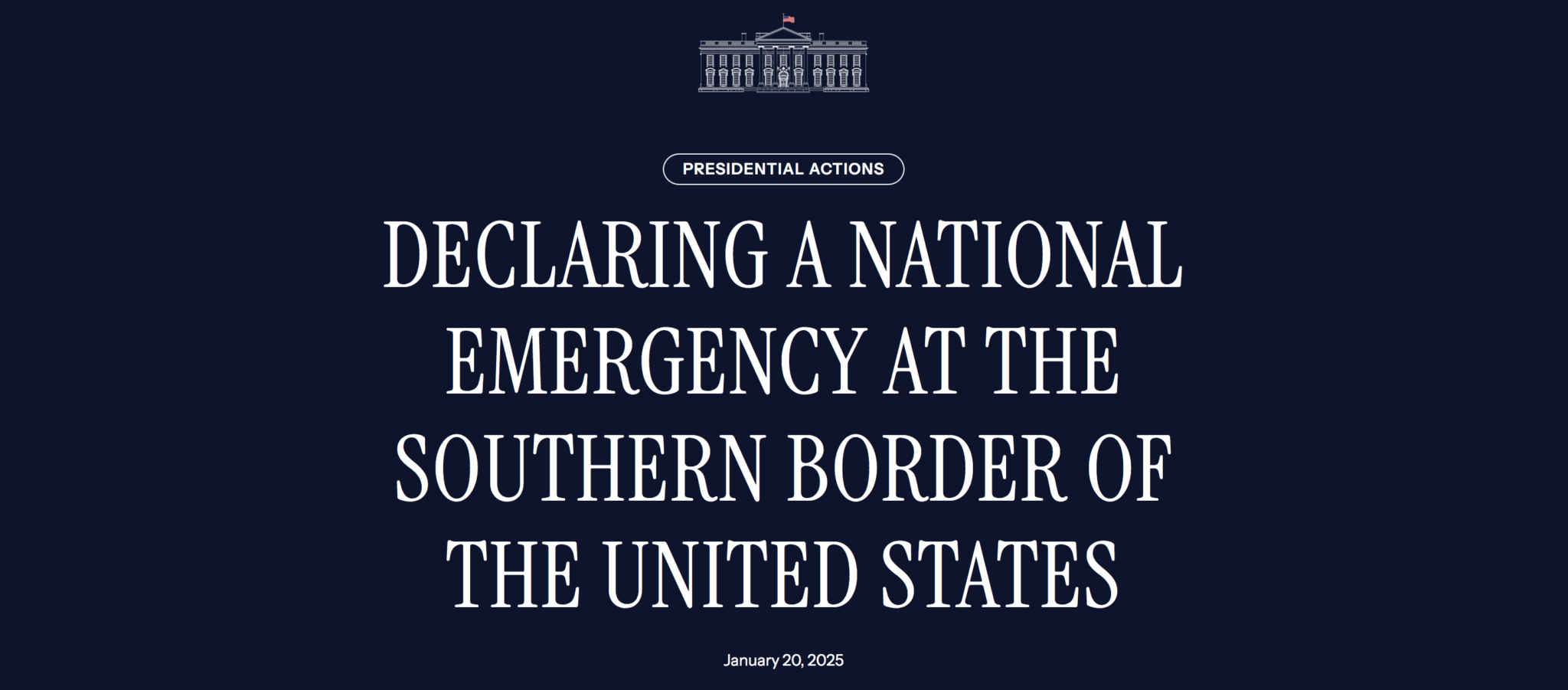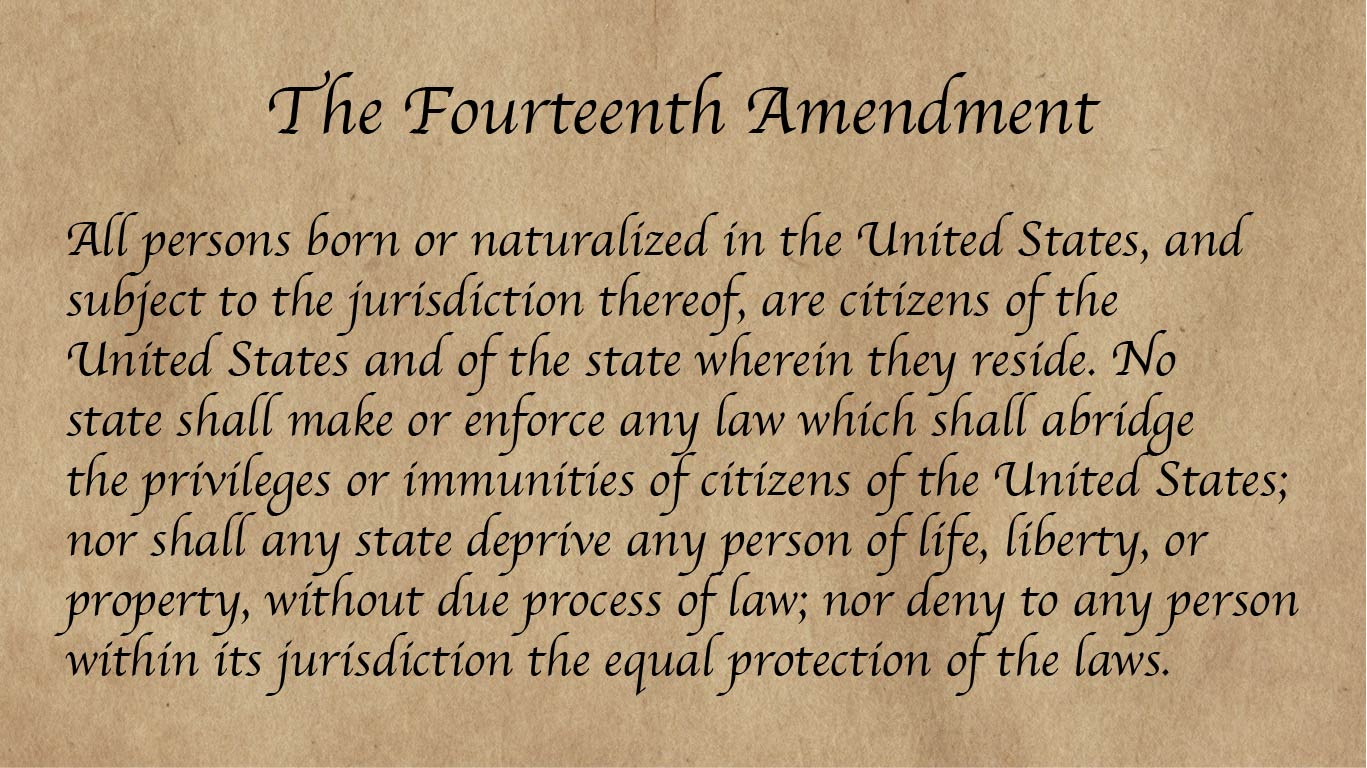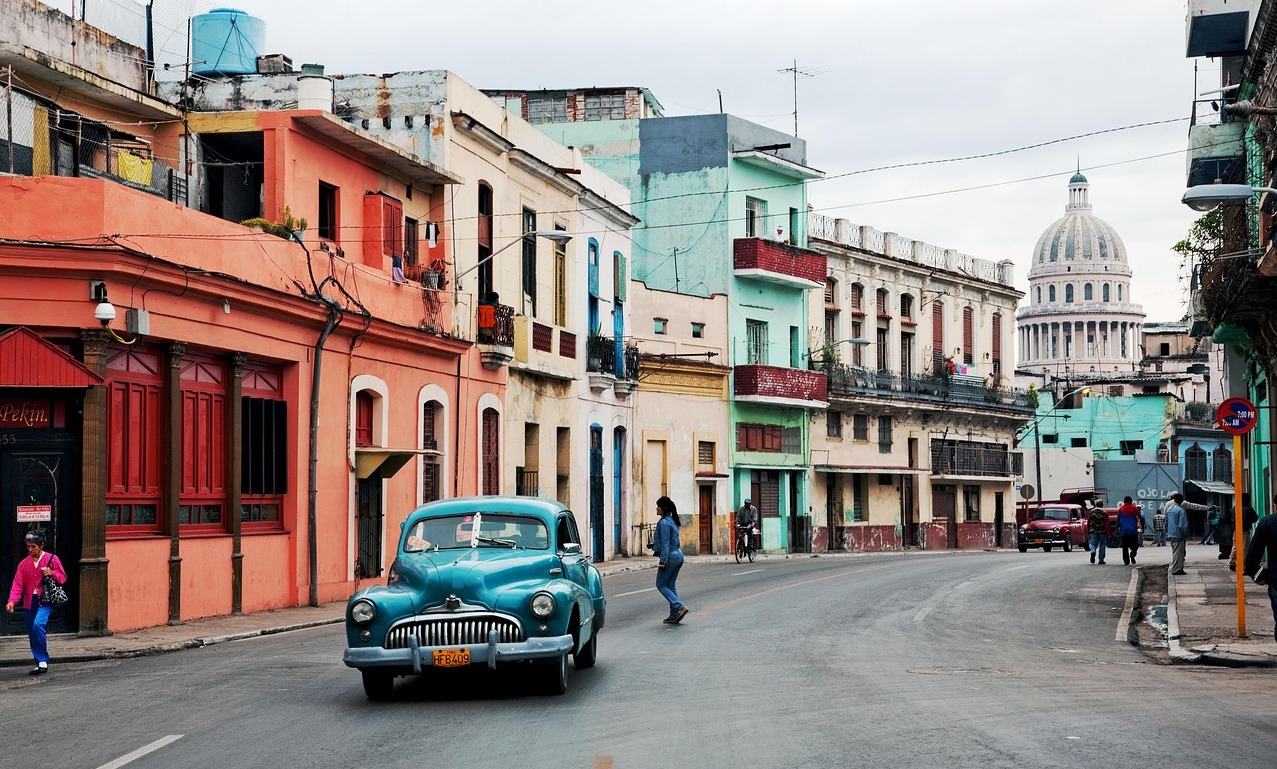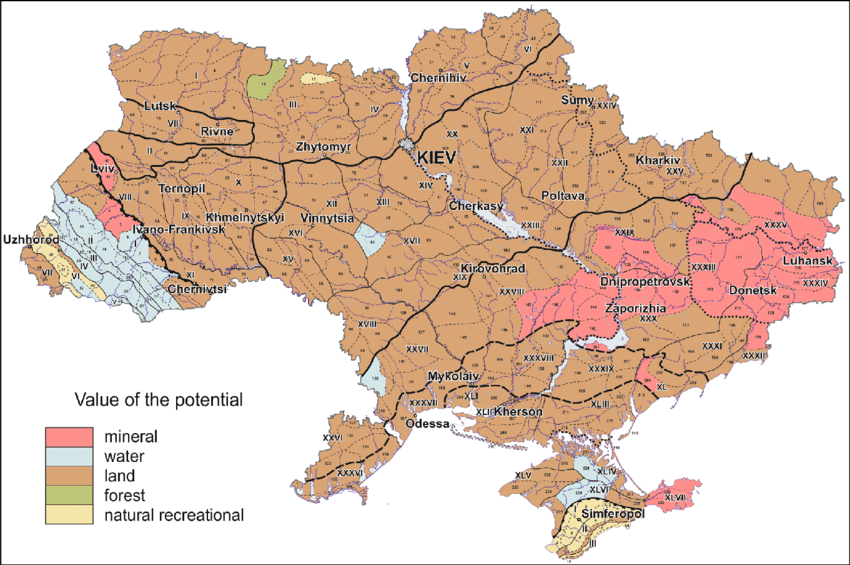
Trump prepares grab for Ukraine’s lithium
As Trump and Hegseth explicitly broach the surrender of Ukrainian territory to Russia, a poorly positioned Zelensky is acceding to demands that he turn a large portion of his country’s strategic mineral wealth over to the US in compensation for military aid. Especially at issue are Ukraine’s significant reserves of lithium—critical to de facto “co-president” Elon Musk’s e-vehicle interests. In announcing a new lithium refinery in Texas, Musk called the mineral “the new oil.” The premium on Ukraine’s strategic minerals is elevated by China’s perceived design to establish control over the planet’s rare earth elements. However, as Zelensky is quick to emphasize, nearly 20% of Ukraine’s mineral resources are in areas under Russian occupation. (Map: ResearchGate)



